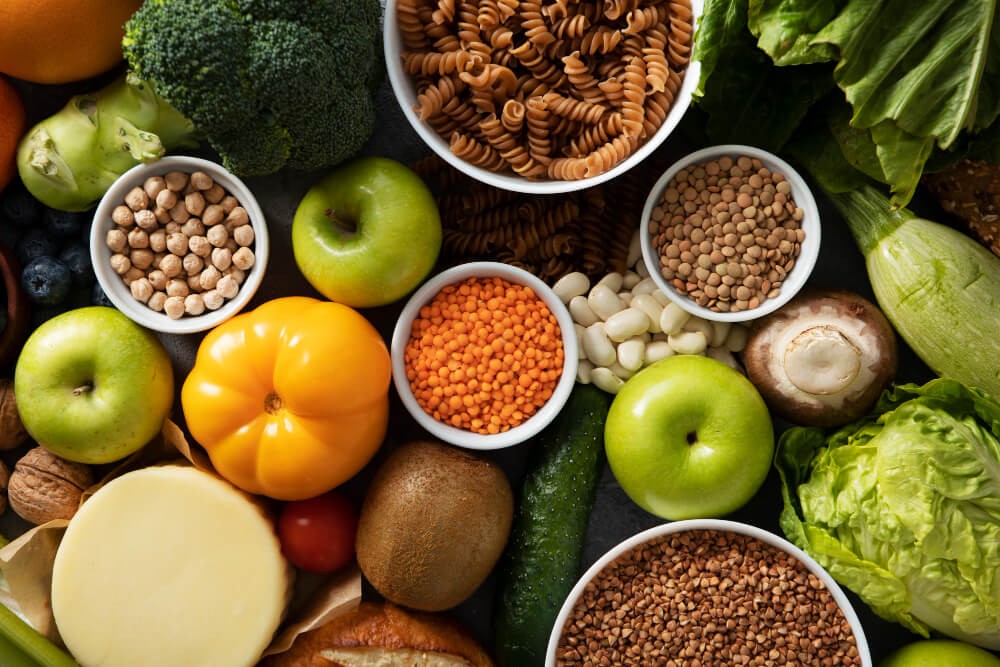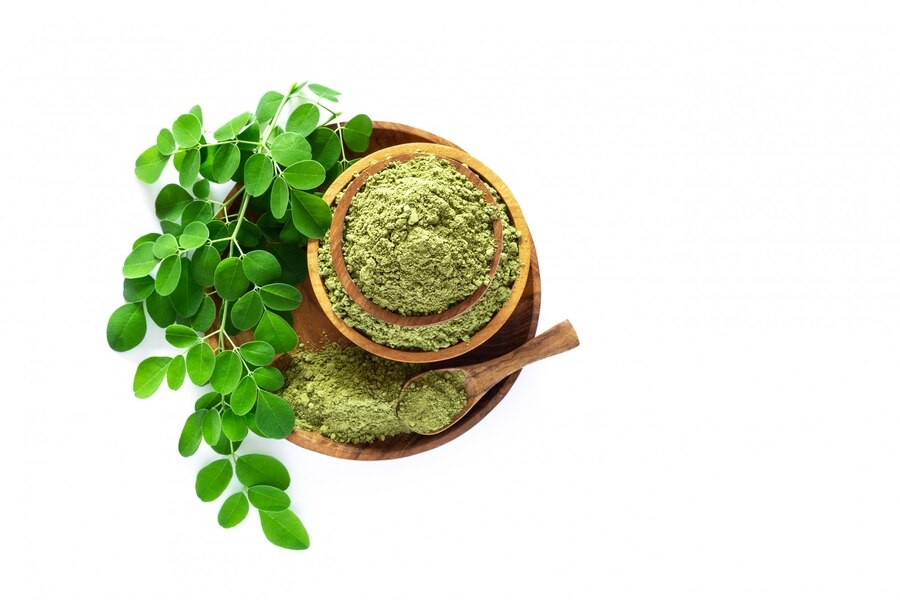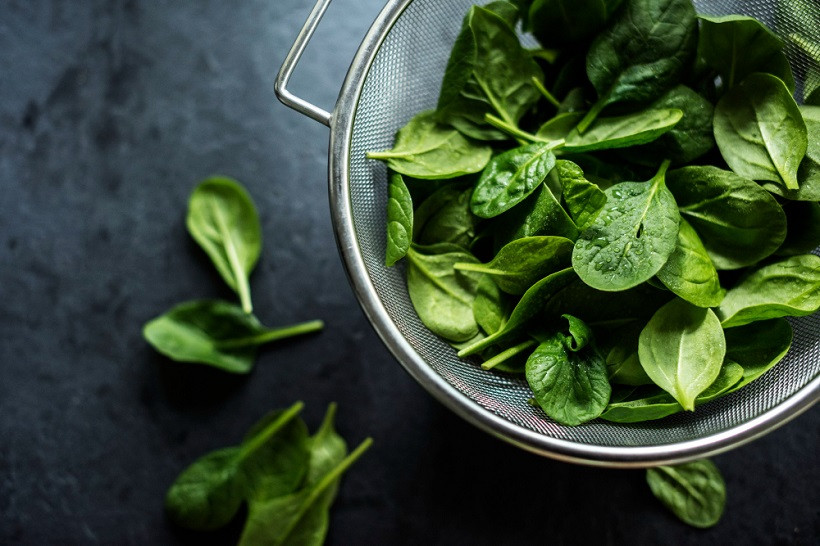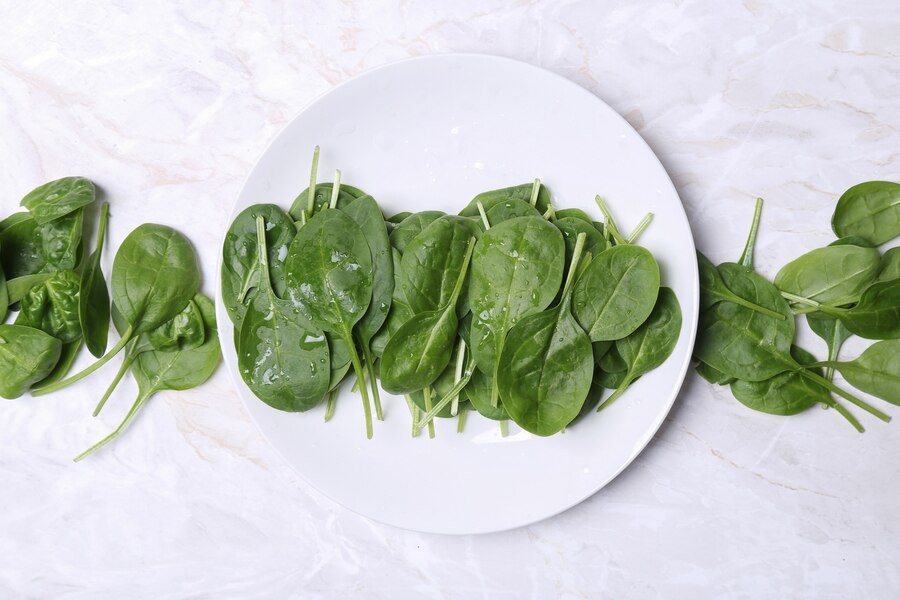Green vegetables offer a wide range of health benefits. Eating green vegetables can help fulfill your daily needs for essential vitamins, minerals, and fiber, supporting brain function and lowering the risk of various illnesses. So, which green vegetables are packed with the most nutrients? Let’s explore in the article below.
Nutritional Content of Green Vegetables and Their Benefits
Leafy green vegetables are versatile, affordable, and widely available. These vegetables are rich in glucosinolates and carotenoids—powerful antioxidants that help shield the body from certain cancers.
They also supply a wide range of nutrients, including vitamins A, B, C, E, and K, along with iron, magnesium, potassium, and calcium. Regularly consuming green vegetables may lower your risk of heart disease, stroke, and cognitive decline. They’re also low in calories, sodium, fat, and carbohydrates, with a low glycemic index, making them a great choice for maintaining stable blood sugar levels.
Here are several nutrient-dense green vegetables you can incorporate into your meals:
Kale
Kale is loaded with essential nutrients, including a variety of vitamins, minerals, and antioxidants. It’s particularly high in lutein and beta-carotene, both of which help counteract oxidative stress.
In one cup (130 grams) of cooked kale, you’ll find:
-
Calories: 49.4 kcal
-
Carbohydrates: 6.16 g
-
Fiber: 5.72 g
-
Vitamin C: 91.1 mg
You can enjoy kale raw, cooked, or blended into smoothies. Research shows that boiling or steaming kale helps preserve most of its nutritional value.
Broccoli
Broccoli is a great source of vitamins C and K, and it also contains vitamins B1, B3, B5, B6, and E. It provides fiber, folate, magnesium, zinc, calcium, iron, protein, and omega-3 fatty acids.
One cup of broccoli delivers as much vitamin C as an orange—an essential antioxidant for protecting cells and supporting the body’s healing processes. Broccoli is also rich in folate and features anticancer compounds that may lower the risk of cancers like breast, colon, bladder, lung, and prostate.
Spinach
Spinach is high in vitamin K, fiber, phosphorus, and thiamine. Its calories come mostly from protein and carbohydrates. Spinach is especially known for its folate, which is vital for forming healthy red blood cells and preventing neural tube defects during pregnancy.
Cabbage
Cabbage offers a good supply of vitamin C, fiber, and vitamin K. Studies have shown that cabbage can support heart health, aid digestion, and help lower cholesterol. However, eating too much cabbage may lead to gas buildup, which can cause bloating.
Romaine lettuce
Romaine lettuce is known for its crisp, refreshing texture, making it a staple in Caesar salads. It’s high in vitamin A and may help stabilize blood sugar levels after meals.
Pok choy
Also called bok choy, this leafy green is commonly used in Chinese cuisine, especially stir-fries and soups. It contains several important micronutrients, including vitamin C, folate, vitamin A, and vitamin K.
Pok choy offers antioxidant protection, helps regulate blood pressure, supports cardiovascular function, and contributes to bone strength.
Although green vegetables are highly beneficial, some people avoid them due to their strong taste or smell. To increase your intake, try adding them to sandwiches, soups, stews, salads, or even smoothies for a flavorful and nutritious boost.
If you have questions about healthy eating or nutrition, you can speak to a doctor or nutritionist. You may also use the consultation feature on the Ai Care app, available on the App Store and Play Store.
Looking for information about nutrition, food and other diet tips? Click here!
- dr Nadia Opmalina
Enloe, A. (2024). The 13 Healthiest Leafy Green Vegetables. Available from: https://www.healthline.com/nutrition/leafy-green-vegetables#kale
Louise, R. (2022). The Healthiest Leafy Green Vegetables and Their Benefits. Available from: https://resources.healthgrades.com/right-care/food-nutrition-and-diet/leafy-green-vegetables
Ware, M. (2024). What are the health benefits of kale?. Available from: https://www.medicalnewstoday.com/articles/270435
WebMD Editorial Contributors. Health Benefits of Kale. Available from: https://www.webmd.com/diet/health-benefits-kale
Ware, M. (2025). Potential health benefits of spinach. Available from: https://www.medicalnewstoday.com/articles/270609
Booth, S. (2024). Health Benefits of Broccoli. Available from: https://www.webmd.com/food-recipes/health-benefits-broccoli












